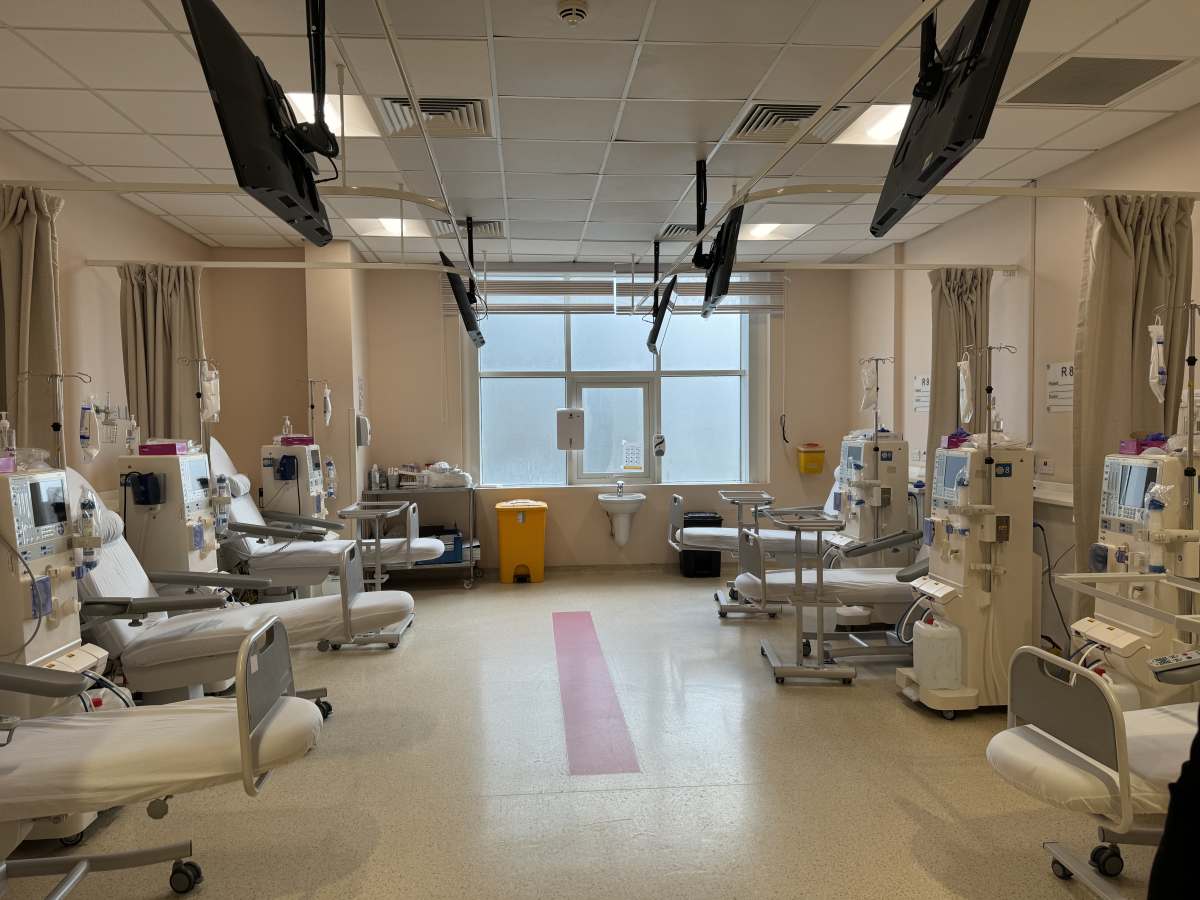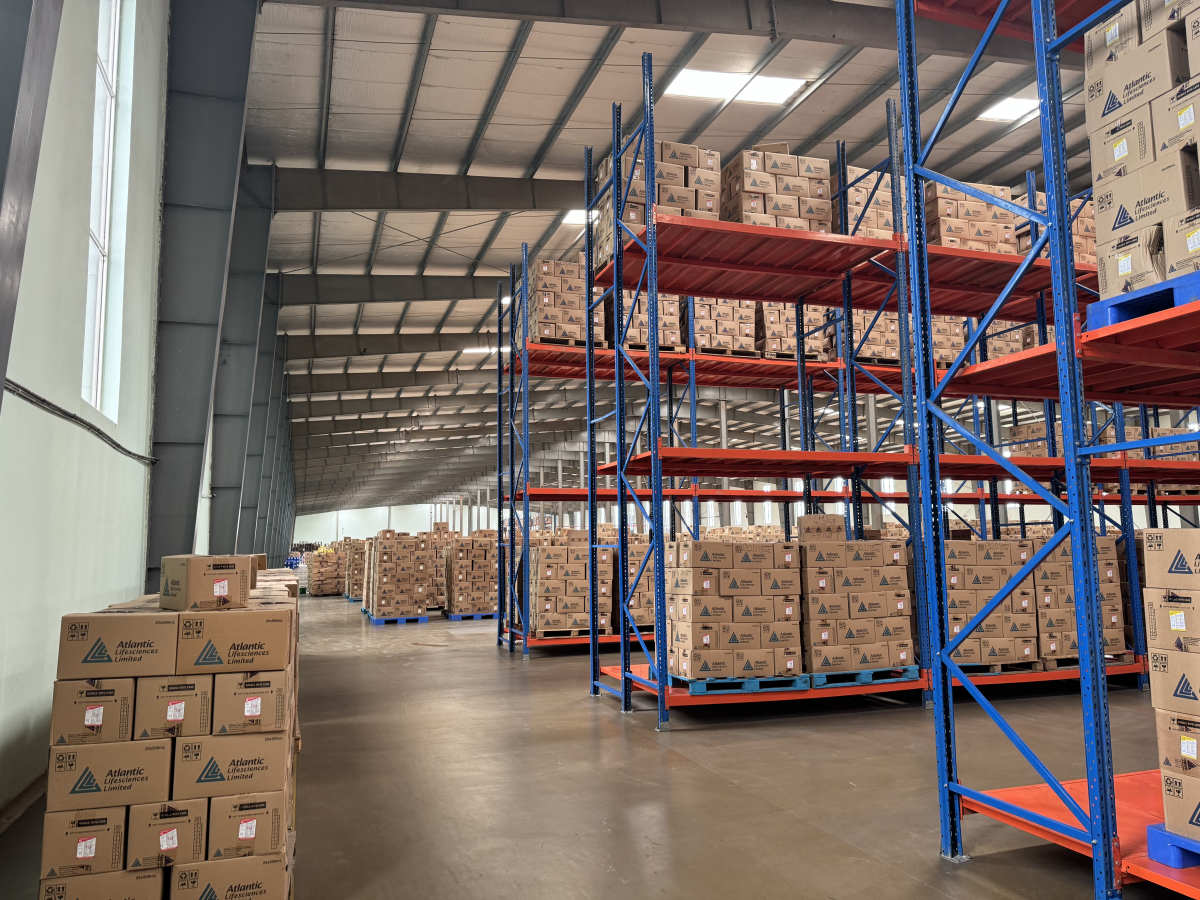The prevalence of chronic kidney disease (CKD) is increasing globally. Patients with CKD often progress to end stage kidney disease (ESKD), which is fatal without treatment. In Ghana, 5-10% of deaths are due to ESKD. Hemodialysis (HD), the mainstay of therapy in Ghana (96% of people with ESKD are on HD), is expensive and for many is cost prohibitive or they do not live close to one of the 6 centers in Ghana that provide HD. Recently, a pharmaceutical company in Accra started making peritoneal dialysis (PD) fluid which makes PD a more affordable and now viable option for many who live in remote areas and even for those in cities who want to continue to work and participate in their daily lives. By building a sustainable program in Ghana, many lives will be improved as people can continue to work and families won't have to sell everything to afford dialysis. Once established, the program can spread to other countries in Africa and the PD fluid can be shipped throughout the subcontinent. Our goal is to train surgeons to place PD catheters and to train nurses on how to perform PD, discuss the complications of PD, and to start a pilot program to demonstrate that PD can be done safely without infections in Ghana.
The population that will benefit are those people with CKD and ESKD. Hypertension is the leading cause of ESKD in Ghana and so those patients with hypertension that is not adequately controlled serve to benefit as well. Children born with congenital abnormalities of the kidney and urinary tract that need dialysis will also benefit. And any patient who develops acute kidney injury will also benefit.
We think the impact of this program once started will be felt not only in Ghana but throughout Africa. Once we can demonstrate that PD is a viable, safe and affordable option for management of ESKD until transplant, this program can be replicated in other countries. We will establish and share our written training manuals to other hospitals and train nurses who can then train others and train families. The nephrologists in Ghana will maintain the program and the pharmaceutical company will continue to provide PD fluid at an affordable cost. We will also work with the local nephrologists to advocate with the Minister of Health to support a PD program so that it is affordable.








Project Description and Population Served
The true prevalence of patients with chronic kidney disease (CKD) and End-stage kidney disease (ESKD) is unknown. In 2017, the Ghana Kidney Registry reported that 23.6 people/million population, or 687 had ESKD and 96% were on hemodialysis with only 2 patients on peritoneal dialysis. Currently, there are 530 patients at 3 hospitals alone – Korle-bu, KATH, and the Bank Hospital.
The primary cause of ESKD is hypertension and the median age of those affected is 45 years, with a range from 19-60 years. ESKD impacts people during the prime of their lives when they are most able to contribute to society. Most patients, 96%, receive hemodialysis (HD). However, HD is expensive, and I was told the prices recently tripled from 300 cedi to approximately 1000 cedi/session. HD also requires that people live close to a dialysis center and have the resources to pay. Though dialysis is prescribed 3-4 times per week, many can only afford to dialyze 1-2 times per week and can only cover the costs for 1-3 months. A minority of patients can afford dialysis for one year. After which these people will die.
Continuous ambulatory peritoneal dialysis (CAPD) offers a more cost-effective treatment modality. CAPD can be done in the home, allowing people to continue to go to work, to school, and to contribute to society. The largest barriers to CAPD have been the cost of importing dialysis fluid and the cost of catheters needed for CAPD. Atlantic Life Sciences is making dialysis fluid in Teme. CAPD will allow those who live far from dialysis centers access to life-saving treatment. With government support, the cost of CAPD can be made affordable for all Ghanaians. The goal of starting a CAPD program in Ghana is to ensure that no one dies from ESKD because they lack the ability to pay.
We are starting a pilot program with 50 patients receiving their care at Korle-bu, KATH, and the Bank Hospital. We are partnering with nephrologists at each location to train nurses, patients, and families on how to safely perform CAPD. The goal of this trip was to meet with the nephrologists and nurses working at each of the hospitals, the COO and CEO of Atlantic lifesciences, and the Minister of Health.
Recap of trip and photos
We were able to lay the groundwork for the pilot study and for the CAPD program in Ghana. We visited the hospitals and discussed the pilot program with the nephrology teams which included the physicians and nephrology nurses. They have started work on the IRB applications for the pilot study and we shared our protocol and approved applications with their teams. We also met with the COO and CEO of Atlantic lifesciences and toured their facilities which were impressive and state of the art. They have the capacity to make thousands of bags of PD fluid a week. We were fortunate to meet with the Minister of Health at one of his campaign spots and the Chair of the Health Committee in Parliament to discuss our plans for building a CAPD program in Ghana. They both offered government support. We met workers at PharmAccess, a local organization invested in bringing health care to rural communities and those who have limited access to health care facilities. They have created an App that allows for sharing of medical information with doctors so adjustments can be made to blood pressure medications or insulin doses without patients traveling long distances to see a doctor. After this pilot program, we plan to partner with PharmAccess and Catholic Hospital Association of Ghana (CHAG), to implement a CAPD program in the communities they serve. We will provide additional training and work with community health members to identify spaces where CAPD can be done if people’s home situations are not suitable.
Once the IRBs are approved and patients have been identified for CAPD, we will return to Accra with a team of nephrologists, nurses and surgeons to train the physicians, nurses and families on CAPD and surgeons on placement of a tunneled PD catheter.